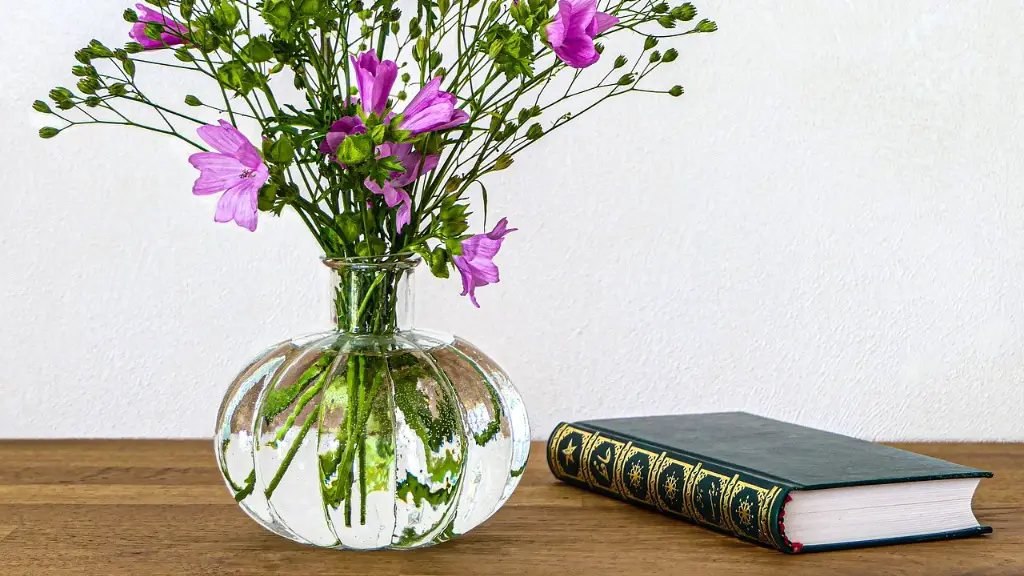What is a Poetry Analysis Essay?
A poetry analysis essay is a form of academic writing in which a student takes a deeper look into the poem, taking into consideration its structure, meaning, and language. The essay looks at elements such as explanations of the main poem, the main theme, phrase structures and structures of other important parts of the poem. In order to make a good analysis, the student first determines the main theme or message that the poem is trying to convey and then provides evidence from the text to support that theme. The student then should choose an appropriate approach to evaluate the poem, such as by analyzing the structure, literary devices, figures of speech, or any other elements of poetry.
Tips to Writing a Poetry Analysis Essay
To write an effective poetry analysis essay, the student should first read the poem carefully. It is important to create a sketch of the main points of the poem and to note the figures of speech and images used in the text. Additionally, the student will need to research, collect, and analyze other materials related to the poem to gain a better understanding of the poet’s intentions and to understand what elements of the poem can be analyzed and evaluated. Once the student has gathered sufficient information about the poem and material related to it, the student is ready to start writing.
The most important part is to start the essay in an engaging and engaging form. The student should introduce the poem, its title, and the poet, as well as provide a brief summary of the poem’s content and purpose. After providing the main ideas, the student should then express his or her interpretation of the poem. The analysis should then continue through the use of examples, quotes, and/or comparisons which illustrate the student’s point of view. It is important to make sure that the examples and quotes used in the essay directly relate to the poet’s intent and to the point that is being made.
In addition, the student should remember the importance of using advanced grammatical structures and employing emotional triggers in the writing. This will help to ensure that the analysis is of the highest quality and is interesting to the reader. Furthermore, the student should avoid the use of the passive voice and should instead use the active voice. This will help to engage the reader and make the analysis more direct and interesting.
The Structure of the Poetry Analysis Essay
A poetry analysis essay should include the same essential parts of any other essay. These essential parts are the introduction, the body, and the conclusion. The introduction should include the title and author of the poem and a brief overview of the poem’s content. It should also include the student’s own argument and interpretation. The body of the essay then should include evidence to support the student’s interpretation and provide the reader with useful information about the poem.
The conclusion should wrap up the essay and should restate the main points of the essay in a concise form. It should also provide the reader with further information about the poem and the poet’s intentions. As with any form of academic writing, it is important to remember to proofread and edit the essay to ensure that it is of the highest quality.
Incorporating Linguistic Methods
When writing a poetry analysis essay, it is important to emphasize the use of specific linguistic methods such as the analysis of diction, syntax, figures of speech, and the overall structure of the poem. These methods of analysis can help the student better understand the poem, expand the critical reading of the text, and provide evidence to support the student’s arguments. By utilizing these linguistic methods, the student’s analysis will gain more substance and will be much more interesting.
Conclusion
When writing a poetry analysis essay, it is important to remember key components such as the introduction, body, and conclusion. It is also important to consider the poem’s meaning, message, and structure, as well as the use of specific linguistic methods of analysis. By following these tips and incorporating the available elements of analysis, the student can create an effective and interesting poetry analysis essay.
Incorporating Literary Devices
When writing a poetry analysis essay, it is important to be aware of and analyze the literary devices used by the poet, such as metaphor, simile, personification, imagery and symbolism. These devices can help to convey the poet’s intentions and meaning and can enhance the reader’s understanding and appreciation of the poem. By recognizing and understanding their use and effect, the student can further analyze and uncover the poet’s true meanings.
Incorporating Historical and Societal Context
When writing a poetry analysis essay, it is important to consider the influences of history and society on the poem. By recognizing the poet’s background and the world in which the poem was created, the student can uncover further meanings and explore the poem in a more meaningful way. Historical facts, cultural context, and societal influences can add an entirely different layer of depth to the poem and can help the student to gain further insight into the poet’s intentions.
Developing an Argument
When writing a poetry analysis essay, it is important to have an argument or interpretation to discuss. The student should use evidence from the poem and other resources to support this argument. If the student is unable to find any evidence to support their argument, then the student should reconsider their argument and consider a different interpretation. An effective argument should include facts and examples and should be persuasive.
Using Quality Secondary Sources
When writing a poetry analysis essay, it is important to find quality secondary sources to help the student develop his or her argument. These secondary sources may include biographical information on the poet, critical analysis essays written by other scholars, and commentary or interpretations of the poem. Using these sources can aid the student in formulating a stronger argument and can provide the student with valuable insight into the poet’s intentions.



